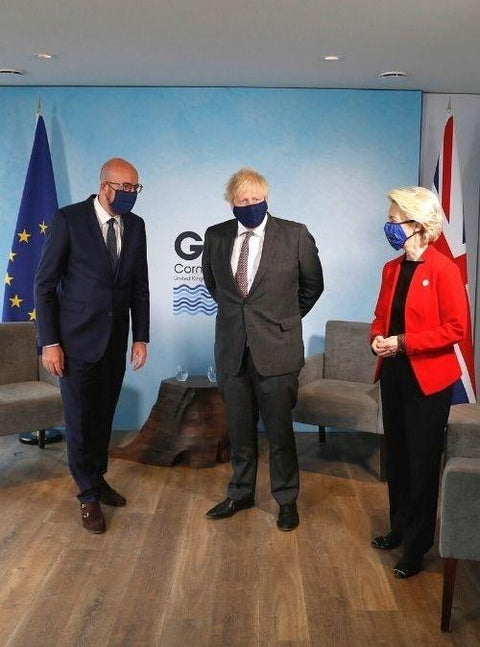Children and our children's children are the ones who are inheriting our Earth. They are the voices of our future and the ones who can spark change!
To help make sure our environment is a sustainable place for us and for future generations to come, we need to start making change. Change starts with educatation. We've got quite a few resources to help your children learn. Find out how you can help teach your children to care for the environment.
Read Story Books With Environmental Themes
As a child we all had a favourite storybook we would beg our parents to read to us, time and time again. It was due to this repetition that we began to remember and know what was going to happen next. It's safe to say that the more times you read something, the more likely the message syncs in.
Reading storybooks with environmental themes to your children, not only gives you the opportunity to bond together, but it is a fantastic way to introduce difficult topics in a child-friendly way. We offer a great range of educational books for children. The 'Save The Planet' book, features an interactive turning wheel, where you have to select the correct recycling action. Get it right, the following page will result in a happy ending, but get it wrong and something bad happens to the environment. Kids can learn from this.
Start A Veggie Garden Together
Enjoying the great outdoors with your children can often spark conversation around sustainability. As you're out and about you can start to observe the insects and animals you see, the pretty flowers, plants and trees.
Creating a veggie garden, is a great activity for you and your children to enjoy. We have a great range of seeds to choose from and grow kits to get you started. Putting education into a practical scenario is always more fun for children to learn. Planting seeds, watering and caring for plants, helps your children understand and develop an appreciation of where food comes from and the process it takes to grow. An understanding of food waste is also a great topic to discuss. We have lots of compost bins, so you can encourage your children to dispose of their food scraps responsibly and give back nutrients to the environment.
Make Recycling Part Of Everyday Practice
Recycling is super important because it prevents pollution, saves energy, and reduces waste going to landfill.
Next time you come to drop off your recycling, or if you are sending it back to us, get your children involved. Children love having a collection of things, so challenge your household to recycle and see who can collect the most recyclables.
To keep your children engaged in recycling, start showing them a few different recyclable items. This generally sparks curiosity and questions, which allows you to start a sustainable conversation.


Role Modelling and Practicing Sustainable Habits At Home
Bandura's theory of role modelling states "that people learn from one another, via observation, imitation and modelling." Ever heard the saying, 'monkey see, monkey do?' Remember this as you are going about your daily routines.
Start implementing sustainable items into your home and swapping out plastic. We have so many great plastic free options that work the same way, but are simply better for the environment.
Practicing sustainability at home can be fun. Give your child the task of being the energy saver and have them check if appliances are left on and turn off lights in unattended rooms. Seperating your rubbish into soft plastics, recycling and compost is another great habit for your children, as they begin to familairse and learn what goes in what bin.
There is no planet B! Our future lays in our children's hands - so let's teach them whilst they're young to live in a sustainable world and one that will still be here in the thousands of years to come.
If you enjoyed this read, check out our other blogs below for some easy eco tips you can implement that your children will love.
Parenting & Teaching: How one parent is juggling the two




